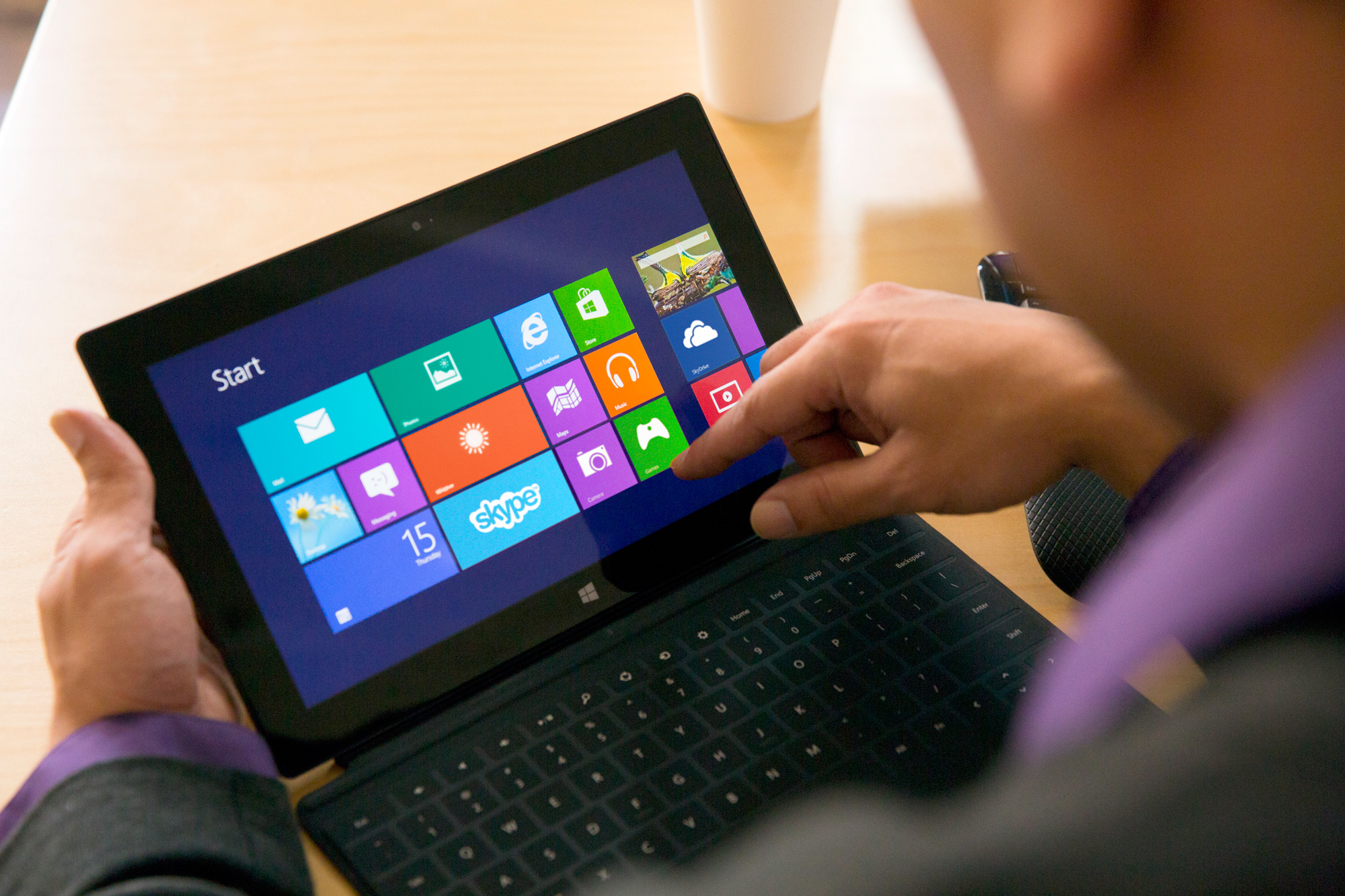
Microsoft Q2 2014 by the numbers: Surface sales soar
Outgoing Microsoft CEO Steve Ballmer got a vote of confidence from customers today, if Surface's sales surge is any indication. In October 2012, he refocused the company on "devices and services", something reflected in the Windows 8.1 tablet and also Xbox One, which launched during fiscal second quarter 2014.
After the closing bell today, Microsoft released long-anticipated Surface sales with its quarterly earnings report. Wall Street analysts and investors also eagerly wondered about Windows 8.1, which revenues looked to be brutally beaten back by historic declines in PC shipments. Surface revenue reached $893 million, up from $400 million during fiscal first quarter. Meanwhile, Windows OEM license sales declined by 3 percent, year over year.

Microsoft gives Windows XP a partial reprieve -- to 2015
While many of our young readers may associate Saturday Night Live with people like Andy Samburg, I remember a greater cast -- John Belushi, Jane Curtin and Bill Murray to name a few. One of my favorite sketches, was called "The Thing that Wouldn't Leave". In it, Murray and Curtin play a married couple, who want nothing more than for their guest, played by Belushi, to leave. The wife screams in agony as the guest keeps finding reasons to stay.
Well, sometimes true life imitates art, as Windows XP becomes "The Thing that Wouldn't Leave" for Microsoft. While the world has been preparing for XP's 2014 death, Microsoft today throws a curve-ball and announces a reprieve (at least partially).
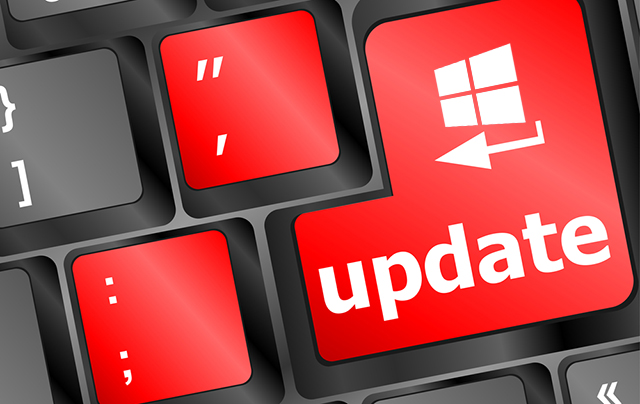
Quiet Patch Tuesday for January with only four Important bulletins
January's Patch Tuesday has seen only four bulletins, with no Critical ones (hooray!) and no patches for Internet Explorer. However, the four bulletins are rated Important and users should apply the related patches as soon as possible.
According to security specialist Trustwave two of the vulnerabilities result in a privilege elevation and a third involves remote code execution utilizing an Office document.

Dear manufacturers, we don't need those darned stickers on Windows tablets
When I was a teenager I used to love having stickers on some of my things -- furniture, school notebooks and my PC. Of course, I later regretted my decision to "personalize" my belongings, but at the time it was fun and, in my mind, cool. I especially enjoyed seeing the logos of major then-popular tech companies, like Intel, AMD, Nvidia, ATI, on the front of the PC case. It meant something for me, and maybe others, at the time. My stance changed, rapidly, as I grew up.
After I bought my first laptop, the first thing I did was to remove the stickers that were on it. Unlike on my PC, they were not out of the way and, quite frankly, looked silly on my business-grade machine. For people who buy new Windows PCs, stickers are still a part of the present as you continue to have them on your (even flagship) devices. It is a common sight, even though they are in fact as attractive as the plague. Sadly, the same trend is emerging on new Windows tablets. I'm looking at you, Lenovo and Toshiba. How disappointing. And here I was thinking that stickers were reserved only for the cheapest and gaudiest Android slates that are usually displayed in supermarkets. I was, unfortunately, wrong. But so are you for placing them there. Why can't you escape that aging stink that surrounds you and move on with the times?

Windows 8.x claims 10% market share, but Windows 7’s massive gain is the real story
Great news for fans of Windows 8 and 8.1, Microsoft’s divisive operating system has finally claimed 10 percent of the desktop market. According to NetMarketShare, which monitors such things, in December Windows 8 lost 0.01 percent share, but Windows 8.1 grew by 0.86 percent. Windows 8 now has 6.65 percent of the market and Windows 8.1 is sitting on 3.5 percent, bringing the OS’s combined share to 10.15 percent. Great job Windows 8.x.
However, as seems to regularly be the case, the new operating system’s gain was dwarfed by that of its elder sibling. Windows 7 put on a growth spurt that’s nothing short of stunning.

What do YOU want from technology in 2014?
As 2013 winds down, my colleagues have been busy talking up their resolutions for the coming year. But, like Ian Barker, I don’t actually have any of those -- they'd likely just serve as embarrassment when I failed to deliver on my promises.
I don't have a problem with backups -- I pay for Crashplan to take care of that for me, so I never need to think about the potential for disaster. I don’t resolve to use a particular product, as others have. I simply utilize whatever is available at the time, and I'm in a fortunate position to frequently have the latest, though it isn’t always the greatest, hardware.

Adaptiva’s enterprise IT predictions for 2014 [Q&A]
This is the time of year when people like to get out their crystal balls and try to imagine what the landscape of the coming 12 months will look like. IT efficiency and system management systems provider Adaptiva has announced its predictions for enterprise systems in 2014. The company has identified three key trends which it believes will shape the landscape for the next year: that BYOD will fail to live up to its hype, that lack of WAN bandwidth will hamper infrastructure plans, and that the continued use of Windows XP will cause significant security issues.
We spoke to the company's Chief Technology Officer and founder Deepak Kumar about the trends he sees shaping the enterprise IT landscape next year.
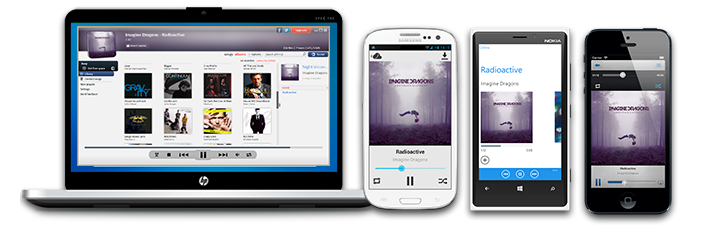
Style Jukebox takes your music collection to the cloud [Q&A]
Nowadays, cloud services like Pandora and Spotify allow us to listen to our favorite tunes no matter where we are, without having to actually own a single song. But what happens to our music collections, which we have built up over the years? Some of us have thousands of tracks, stored locally on devices like PCs. Should we just abandon our beloved content and embrace alternative ways of enjoying it?
Luckily, answering this question does not involve making a compromise. Cloud service Style Jukebox aims for the middle road, by providing a convenient solution that allows users to upload the music they own to the cloud and play it on PCs, smartphones and tablets. It is designed to work both with and without an Internet connection (the content can also be downloaded for offline playback), which makes it a good fit for those who use devices which are not always connected to the cloud. As Style Jukebox's motto says, "Your music, anywhere, on all your devices".

A Start button and menu won't save Windows 8.x, but Windows 7 could
I know what you’re thinking -- BetaNews doesn’t need yet another Start button/menu story surely! But actually, I think we do, so bear with me. My colleague Brian Fagioli believes that Microsoft most definitely shouldn’t restore the Start menu in a future version of Windows, and in fact wants the OS to run "legacy" (aka desktop) software full screen like a Modern app. Mark Wilson on the other hand, thinks Microsoft should re-introduce the menu and leave the Modern UI to tablets.
Both are interesting viewpoints, and the comments accompanying the articles show that there’s a firm split in opinion among Windows users. But the Start button and menu isn’t a magic bullet. Adding it to Windows 8.2, aka "Threshold", or even bringing it back to Windows 8.1 as a mini update, as some tech watchers have suggested could happen, won’t save the day. There’s too much negativity surrounding the tiled OS -- and that’s what Microsoft really needs to work to fix.

Microsoft would be foolish to return the Start Menu to Windows
The year 2013 has been a roller-coaster ride for me -- full of surprises when it comes to computing. After all, I am a self-proclaimed Linux user who fell in love with Windows 8. While I struggled with the operating system, I have ultimately settled in with it (Windows 8.1 helped improve the experience).
However, I am a bit dismayed -- no, livid -- that Microsoft is allegedly considering bringing the Start Menu back in the next version of Windows (code named "Threshold"). While it is only a rumor thus far, it warrants some consideration. The Modern UI is the future of Windows and Microsoft should not listen to naysayers. In other words, the company should ignore these customers, even if they are the majority.
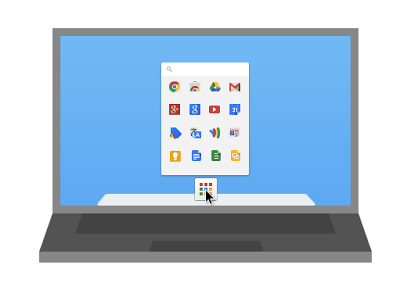
Chrome launcher and apps invade OS X
This is an oversimplification, but Chrome OS is a Linux distribution that serves one purpose -- to run the Chrome browser. Chrome apps then run within that browser. This enables the apps to run on any operating system that can run the Google browser. Essentially, Chrome OS can run from within another operating system by way of the browser.
Back in July, Google released Chrome launcher for Windows 7 and 8. This allows users to interface with the Chrome OS launcher from the Windows taskbar. Sadly, this was a Winows-only affair. Today, Google announces that it is bringing the Chrome launcher to Apple's OS X. In other words, Chrome OS and apps are invading Mac.

The stats don't lie: Windows 8.1 seriously underperforming compared to Windows 7
Following Windows market share on NetApplications, as I do every month, it’s clear to me that Windows 8.x isn’t the hit Microsoft hoped for. There are several reasons for this, all of which I’ve discussed previously -- dwindling PC sales, users dislike of touch and the Modern UI, and so on.
Last month Windows 7’s growth outpaced that of Windows 8.x by four fold, and it’s not the first time the older OS has proven the more popular choice either. It’s becoming something of a regular occurrence. Adoption of the tiled OS is slow, very slow. Especially compared with the strong pick up Windows 7 enjoyed from the start.
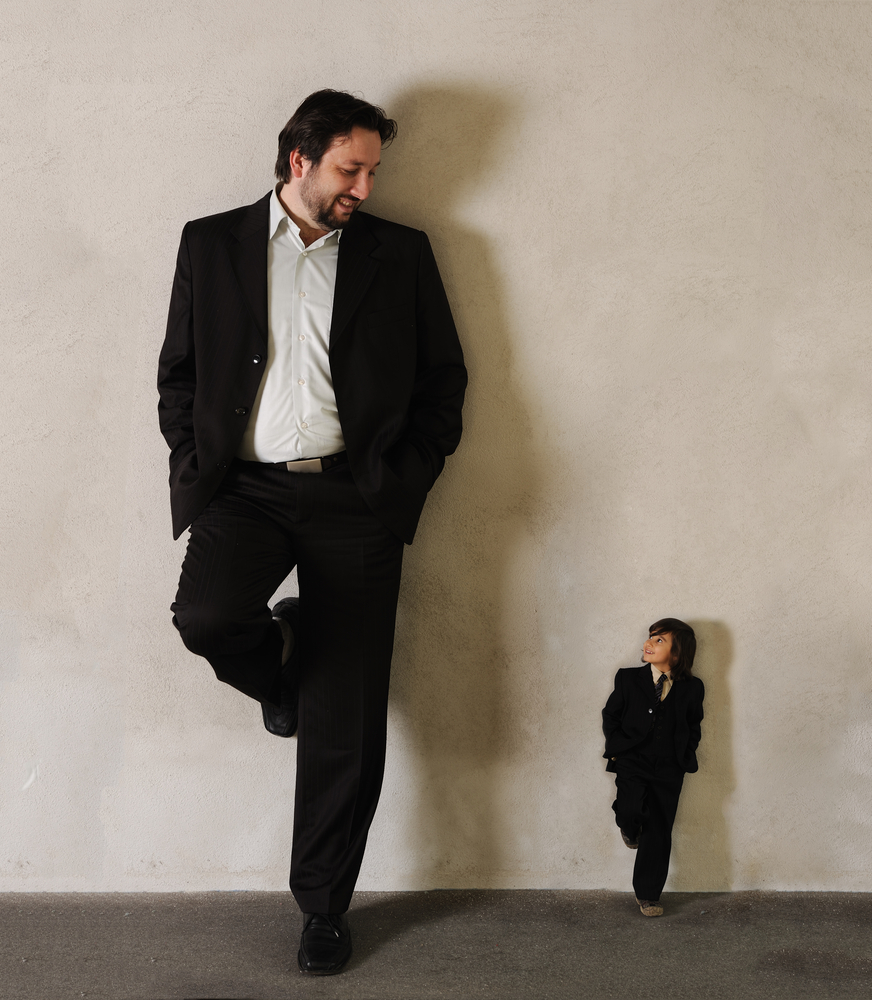
Windows 7's growth dwarfs that of Windows 8 and 8.1 combined
November was not a good month for Microsoft’s tiled operating system. While Windows 8.1’s market share grew, Windows 8’s share dropped (to be expected as users upgrade). But the real kicker for Microsoft was Windows 7’s growth which saw the older OS easily besting Windows 8.x’s gains.
I really like Windows 8.1 and when people ask me if they should upgrade to the new operating system I say yes, and reel off a list of reasons. But I feel deep down like I’m championing a presidential candidate who no one is ever going to vote for.
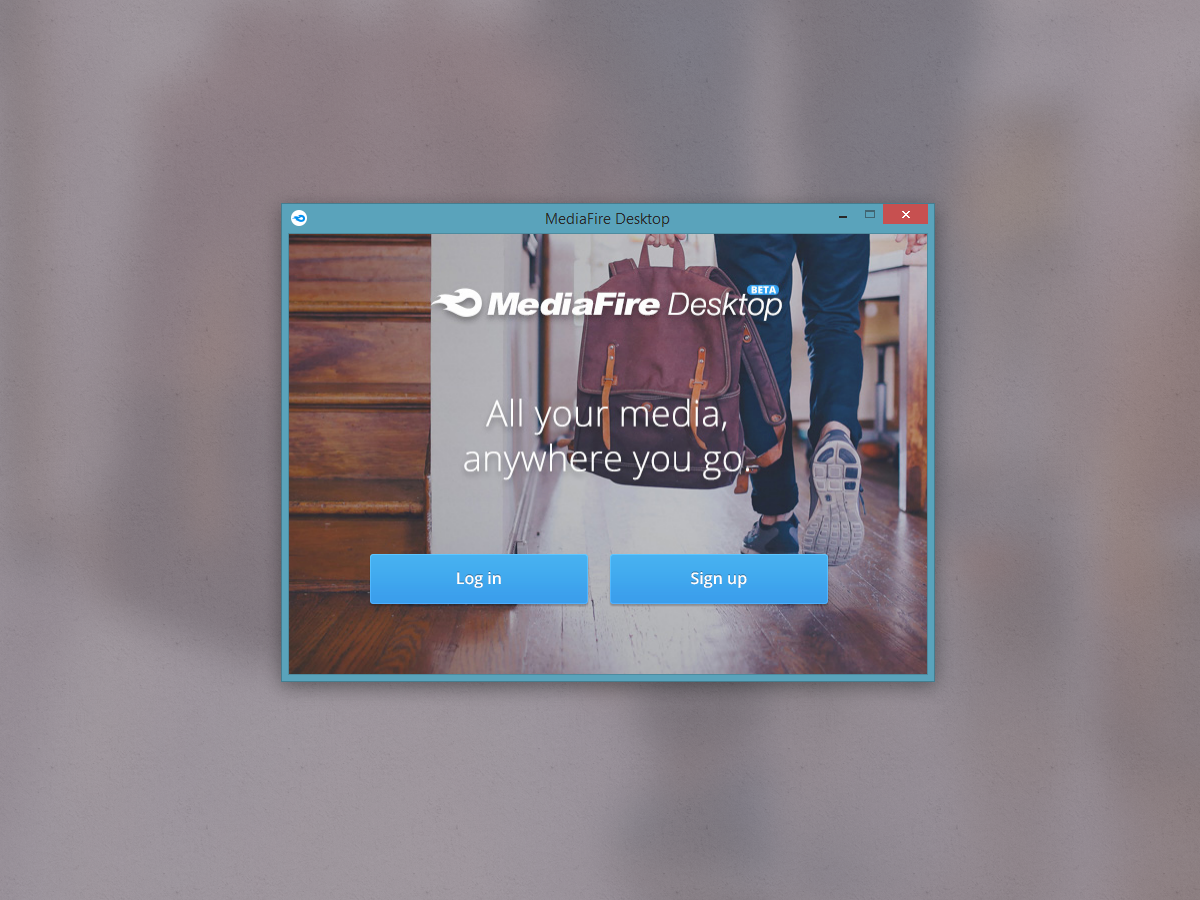
MediaFire Pro giveaway -- 1500 GB of cloud storage for BetaNews readers [Closed]
Cloud storage locker MediaFire has announced the availability of its desktop sync clients for Windows PCs and Macs. The new apps, currently in beta, arrive alongside a revamped web interface that is designed to make editing, sharing and viewing files much easier. The service is currently offering both free (10 GB of storage) and paid plans (Pro and Business), which can take advantage of the new round of changes.
The base MediaFire Pro account includes 100 GB of cloud storage, and currently costs $24.99 per year (50 percent off from the usual $49.99). The company has given us 15 MediaFire Pro account redemption codes to give away to BetaNews readers, providing each winner with 100 GB of cloud storage for a year.

Patch Tuesday is coming -- here's what Microsoft is NOT fixing
This week, November 12th to be precise, is that holiday we have come to call Patch Tuesday. It's the day when Microsoft rolls out fixes for bugs, both small and large, in its software, from Windows to Office and more. This month's releases are of particular interest, not because of what the company is fixing, but what it has chosen to leave unpatched.
November's update includes eight patches, three of which have been tagged as 'critical'. Microsoft even promises it "will host a webcast to address customer questions on the security bulletins on November 13, 2013, at 11:00 AM Pacific Time".
